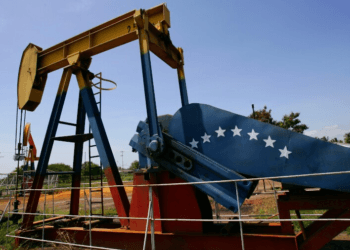Athira Sethu
Kochi, 23 June 2025
Iran is considering shutting down the Strait of Hormuz, a highly significant seaway for the oil and gas of the world. This follows recent American airstrikes targeting Iran’s subterranean nuclear facilities. According to a report, which was released by EuroNews, this could have severe consequences, particularly for Europe. Not only Europe, key Asian economies like India and China will also be adversely affected.
The Strait of Hormuz is a thin channel of water between Iran and the Arabian Peninsula. Almost 20% of global oil and much liquefied natural gas (LNG) comes through this channel. Europe relies considerably on oil and gas from Gulf nations such as Saudi Arabia, Qatar, and the UAE. If Iran closes the Strait, it will lead to an increase in global oil and energy shortages in Europe.
Iranian parliament member and army commander Sardar Esmail Kowsari told local media that Iran is “under consideration” of closing the strait. He stated that Iran will determine whether to do so with power and intent. “We have numerous ways of punishing our enemies,” he added, commenting that the military reaction so far was only one aspect of what Iran might employ.
Earlier in the day, U.S. President Donald Trump labeled the strikes on Iran’s nuclear facilities as “very successful.” The targets involved were Natanz, Fordow, and Isfahan—places renowned for nuclear activities.
If tensions escalate further, EuroNews writes that Iran could attack oil rigs, pipelines, or merchant vessels in the region. Iran can even employ missiles, drones, or cyberattacks to target radar systems or ports. It could even deploy its navy to physically blockade the Strait.
Iran has previously conducted cyberattacks on oil facilities, such as the 2012 assault on the oil industry of Saudi Arabia. This indicates that Iran is capable of attacking in various manners.



















